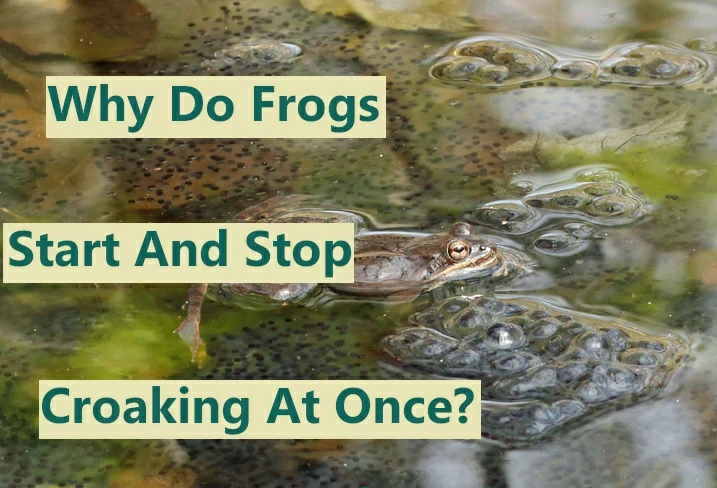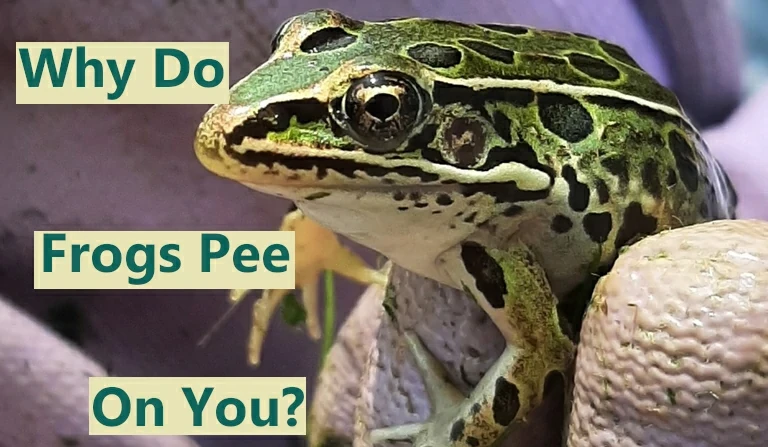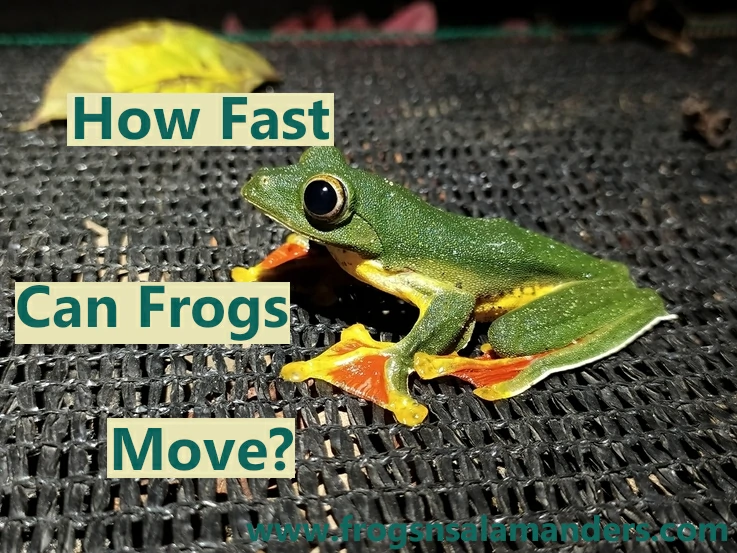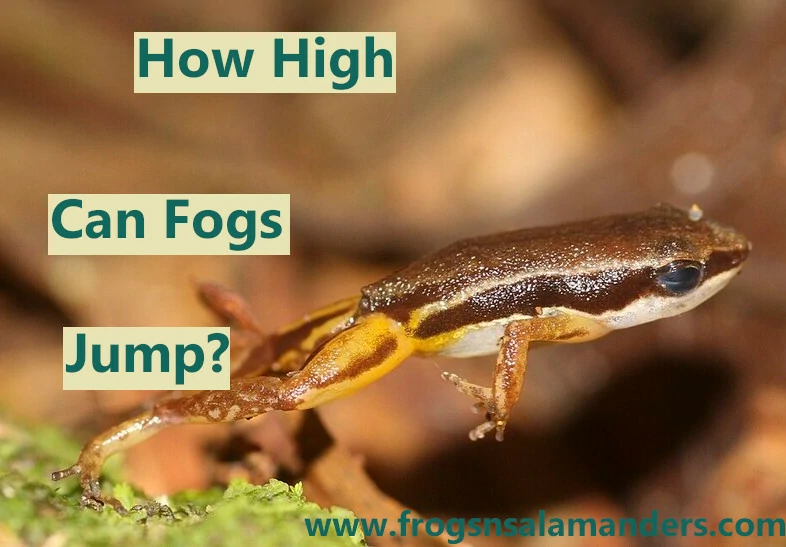Why Do Frogs Start And Stop Croaking At The Same Time?
Croaking is one of the most common noises made by frogs. On warm, rainy nights, it’s common to hear the croaking choruses of hundreds of frogs coming from ponds or other freshwater bodies nearby. But have you ever wondered why frogs seem to start and stop croaking at the same time? Frogs start and stop … Read more




